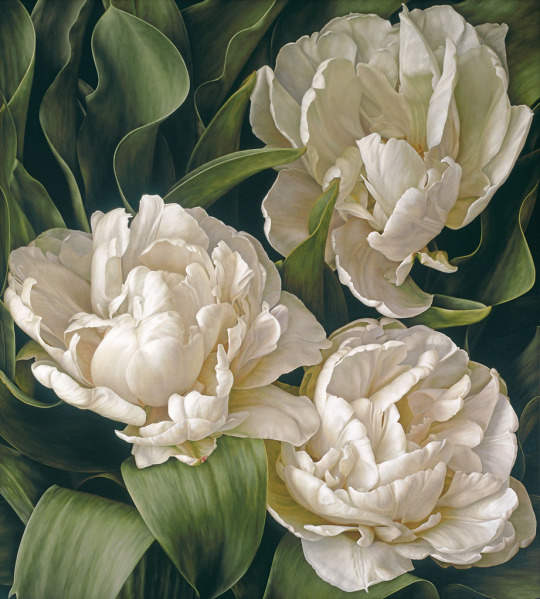Don't wanna be here? Send us removal request.
Text
“Man is a being who transcends himself, passes out beyond his own limits, a being with a tendency toward mystery and the infinite. But the experience of the transcendent, of transcending, is an inward, spiritual experience, and in this sense it may be called immanent. But here immanent does not mean than man remains within his own bounds, but rather that he passes out beyond them. The transcendent comes to man from within, from the depths.”
— Nikolai Berdyaev, The Divine and the Human
60 notes
·
View notes
Text
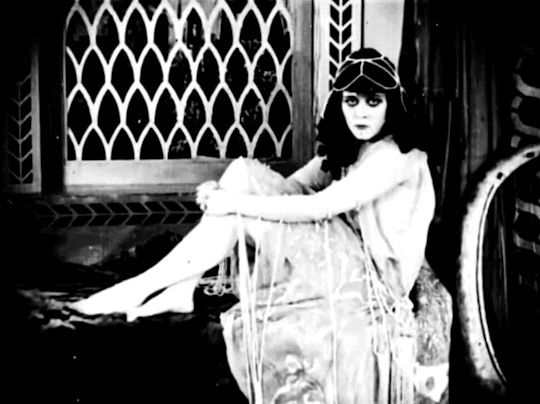
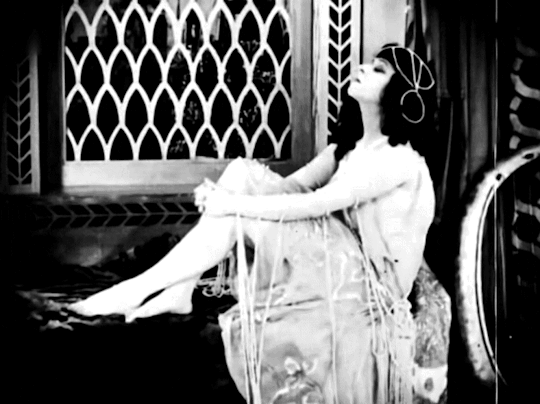
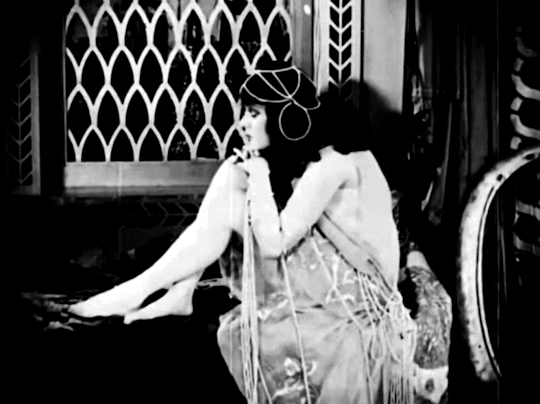
Theda Bara in Salome | 1918 | dir. J. Gordon Edwards | Fragments from a lost film
420 notes
·
View notes
Text






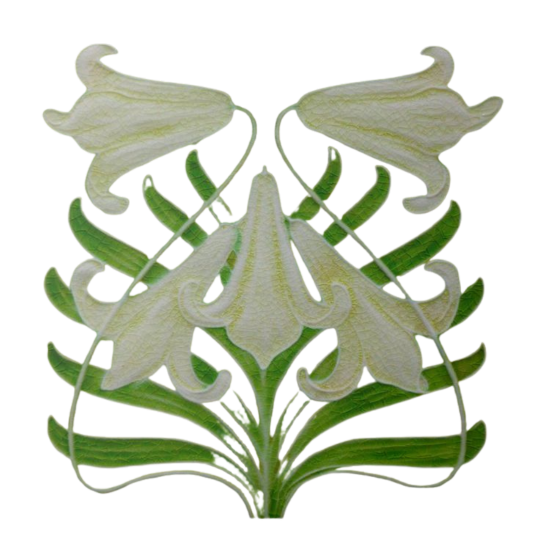

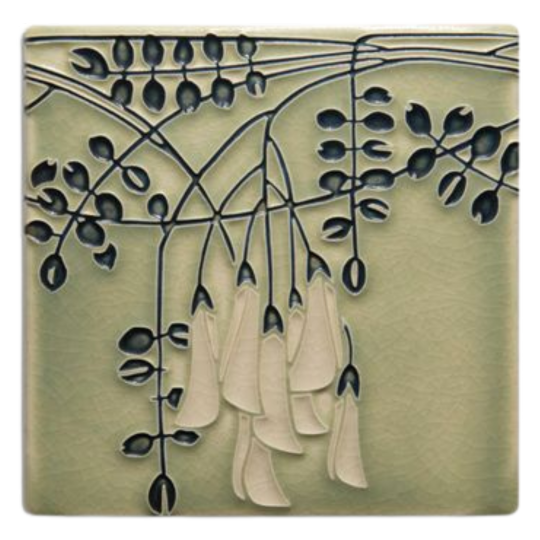
art nouveau tile pngs ! credit not necessary for pngs ! like or reblog to use <3
743 notes
·
View notes
Text

Seashore with Shipwreck by Moonlight (1830) by Caspar David Friedrich
464 notes
·
View notes
Photo










Les fleurs animees ; By Grandville, J. J., 1803-1847 on Flickr.
Publication info Paris,Gabriel de Gonet,1847. Contributing Library: Research Library, The Getty Research Institute BioDivLibrary
80 notes
·
View notes
Text

Herbert Arnould Olivier (1861-1952, British) ~ The Garlands of Love, 1918
[Source: MutualArt]
16 notes
·
View notes
Text

The Sea of Ice - The Wreck of Hope (Caspar David Friedrich, 1824)
239 notes
·
View notes
Photo

Sir Hubert von Herkomer (1849–1914), Ivy, 1869, Mixed method engraving on paper.
258 notes
·
View notes
Photo


“WHY did you betray your own heart, Cathy? … You loved me — then what RIGHT had you to leave me? … I have not broken your heart — YOU have broken it; and in breaking it, you have broken mine.”
— Emily Brontë, Wuthering Heights
4K notes
·
View notes
Text

Pedro Américo - The night accompanied by the geniuses of study and love (1883)
202 notes
·
View notes
Text

Georgia O'Keeffe (1887-1986), Red Poppy - 1928.
38 notes
·
View notes
Text


Virginia Woolf, The Waves originally published: 1931
3K notes
·
View notes


